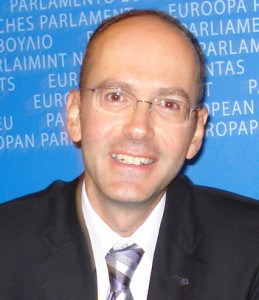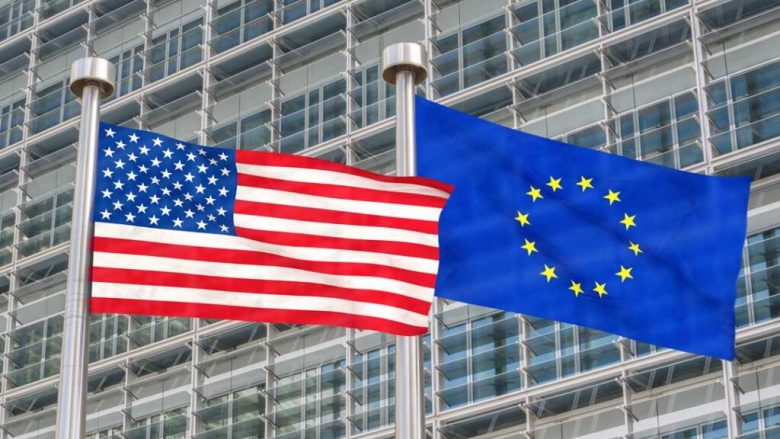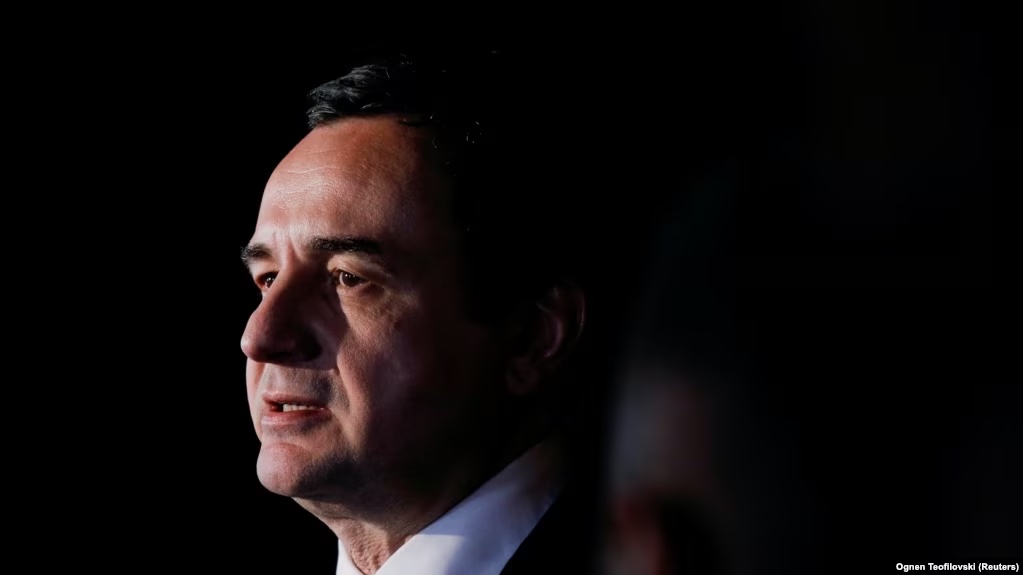Friday, September 20th 2013

Kostis Geropoulos
ATHENS – On 19 September, Greece’s state-owned gas utility DEPA will sign an agreement with shareholders of the Shah Deniz consortium in Baku to acquire 1 billion cubic metres of gas per year from Azerbaijan through the 10-billion cubic metre Trans-Adriatic Pipeline (TAP), DEPA officials told New Europe on 16 September.
The agreement will be signed between high-ranking officials of DEPA and the consortium, which consists of British Petroleum (operator – 25.5%), Norway’s Statoil (25.5%), Azerbaijan’s state oil company SOCAR (10 %), Russia’s LUKoil (10 %), Iran’s NICO (10 %), France’s Total (10%) and Turkey’sTPAO (9%).
The Shah Deniz Consortium selected TAP as the preferred transportation route for Caspian gas to Europe on 28 June. The pipeline developers plan to begin construction in early 2015 to be ready for the first gas from Shah Deniz by 2019. TAP’s shareholders are Swiss AXPO (42.5%), Statoil (42.5%) and German E.ON Ruhrgas (15%).
Greece already receives 750 million cubic metres per year of Azerbaijani gas through Turkey’s BOTAS since 2007.
The DEPA deal with the Shah Deniz consortium comes as the Greek company is expected to start another round of negotiations with Gazprom in Moscow on 17 September, seeking a price reduction from the Russian gas giant. Gazprom is Greece’s biggest natural gas supplier. Their contract expires at the end of 2016 and will most likely be extended.
DEPA is seeking to diversify its gas imports as part of the European Union’s goal of broadening the bloc’s resource base, specifically in a way that will reduce their dependence on Russian reserves and routes.
The Azerbaijani contract is also likely to boost the Greek’s company’s value, improving the prospects of its planned privatisation, required by Greece’s lenders.
A previous attempt to sell DEPA failed in June when Gazprom decided against submitting a binding offer at the last minute.
On 16 September, Russia’s Federation Council Chairwoman Valentina Matviyenko reportedly told Greek Prime Minister Antonis Samaras during her visit to Athens that Gazprom intends to participate in a new tender for the sale of DEPA. She, however, expressed complaints over the stance adopted by the EU on the sale of Greece’s natural gas company to Russia. She said Brussels had created problems over Gazprom coming to Greece. Gazprom is subject to an antitrust investigation by the European Commission into whether it violated competition rules by imposing unfair gas prices through contracts linked to oil prices, or prevented countries from diversifying their gas supplies. Russia is saying this is actually a fairly aggressive piece of intervention on the part of the European Commission. Kostis Geropoulos




